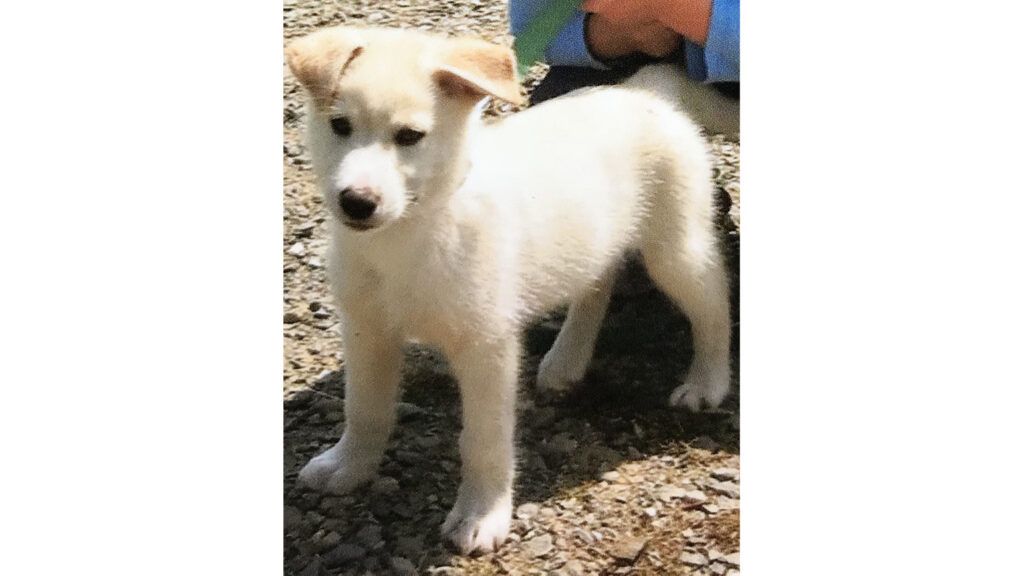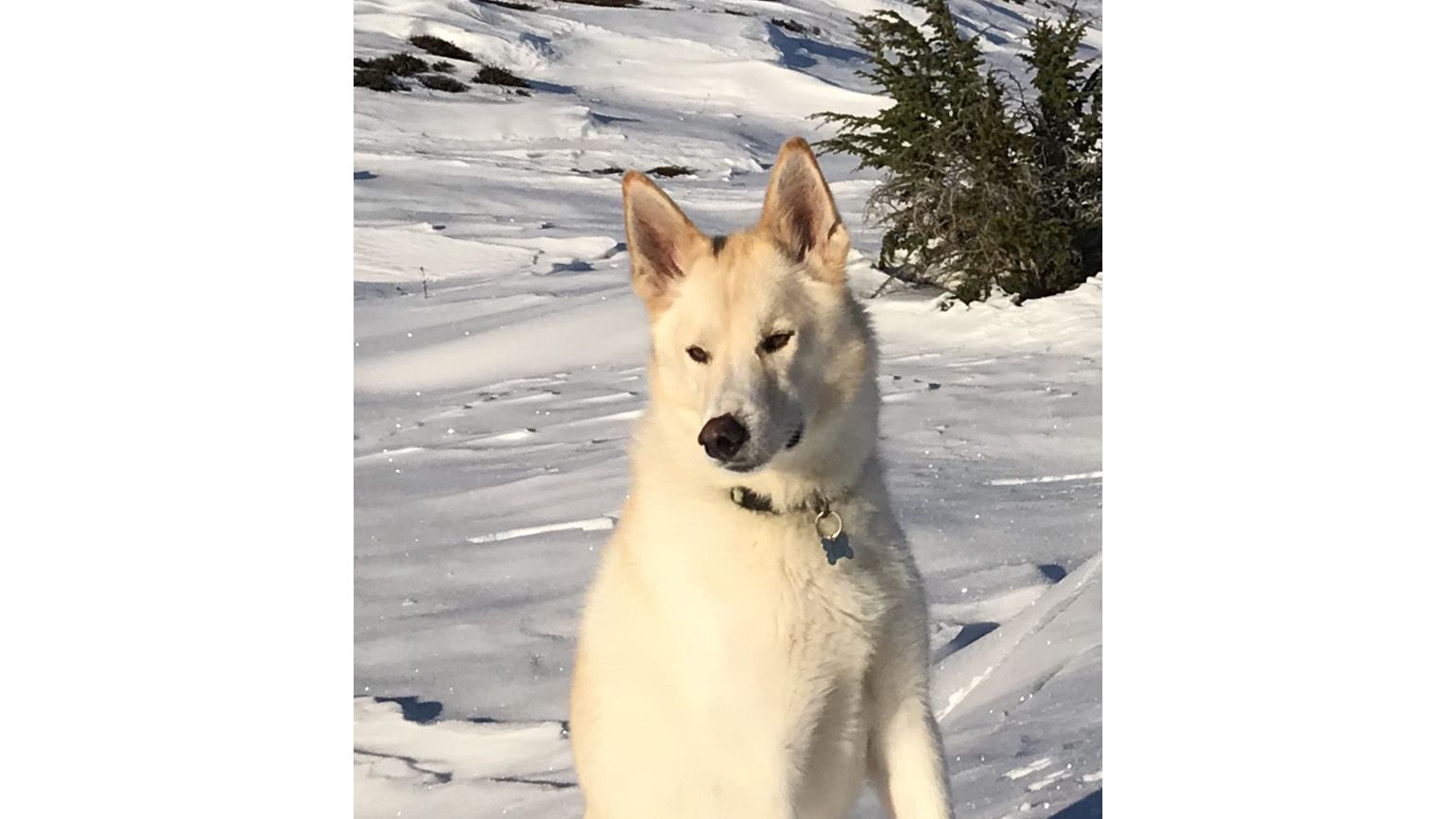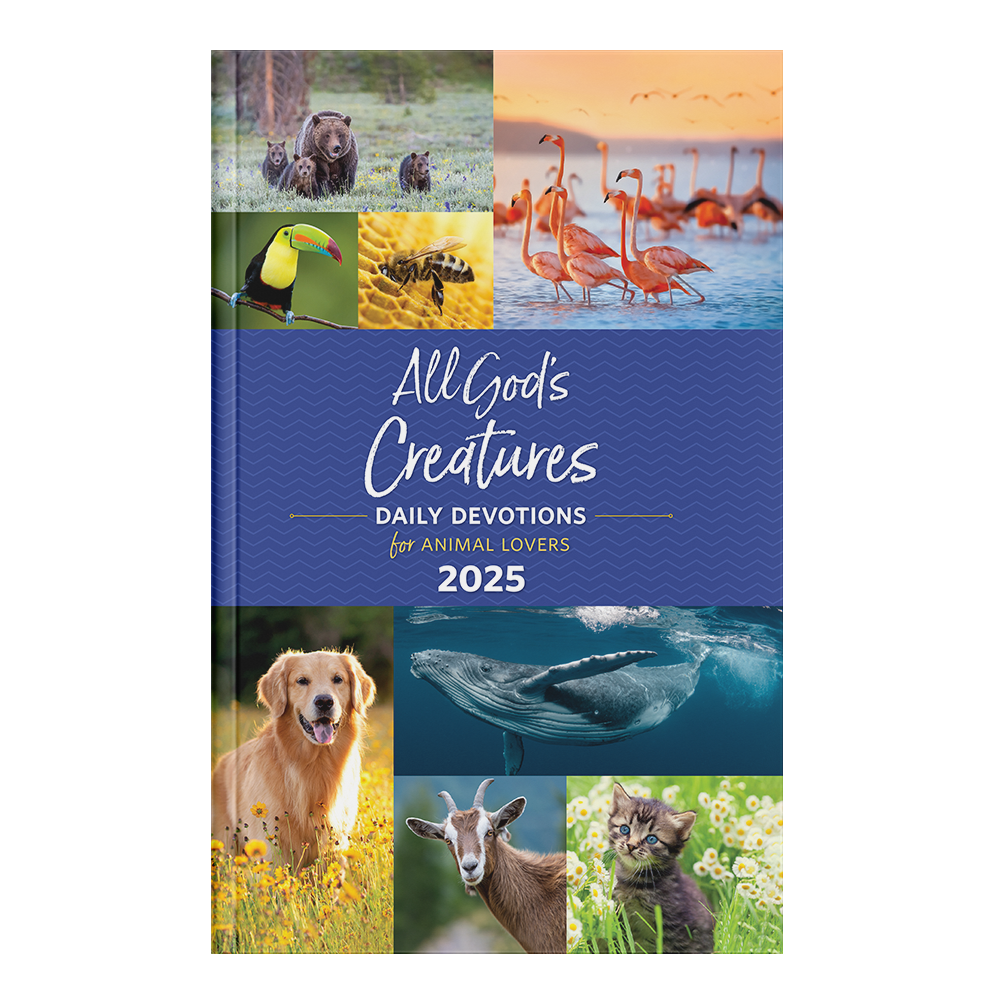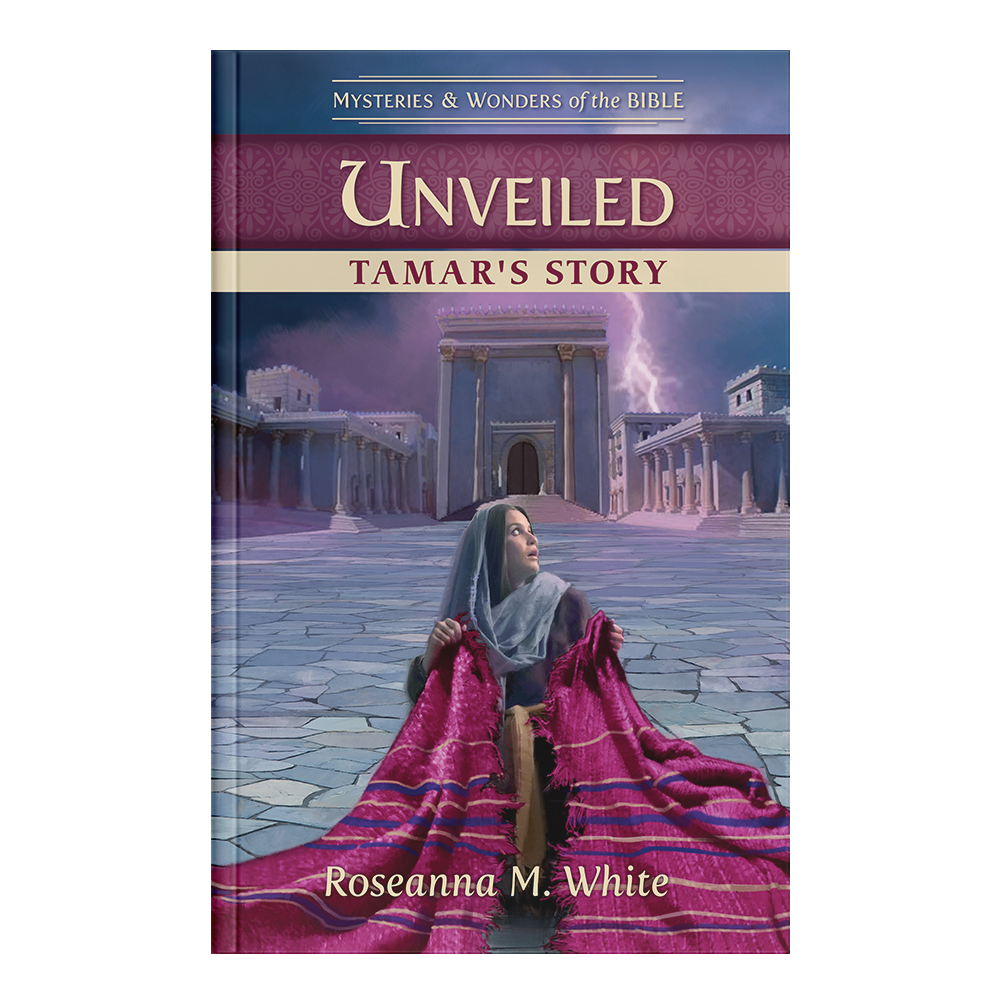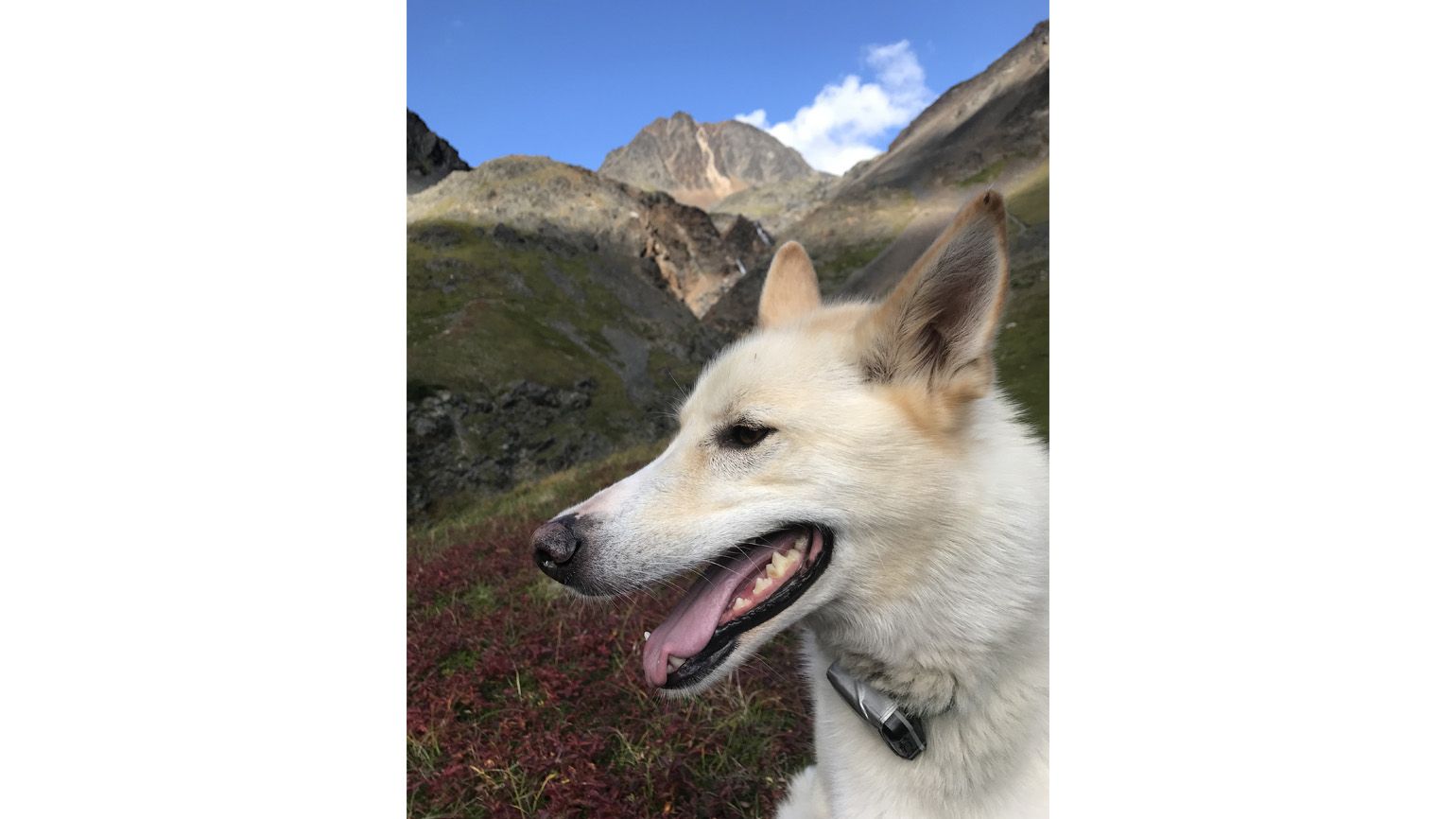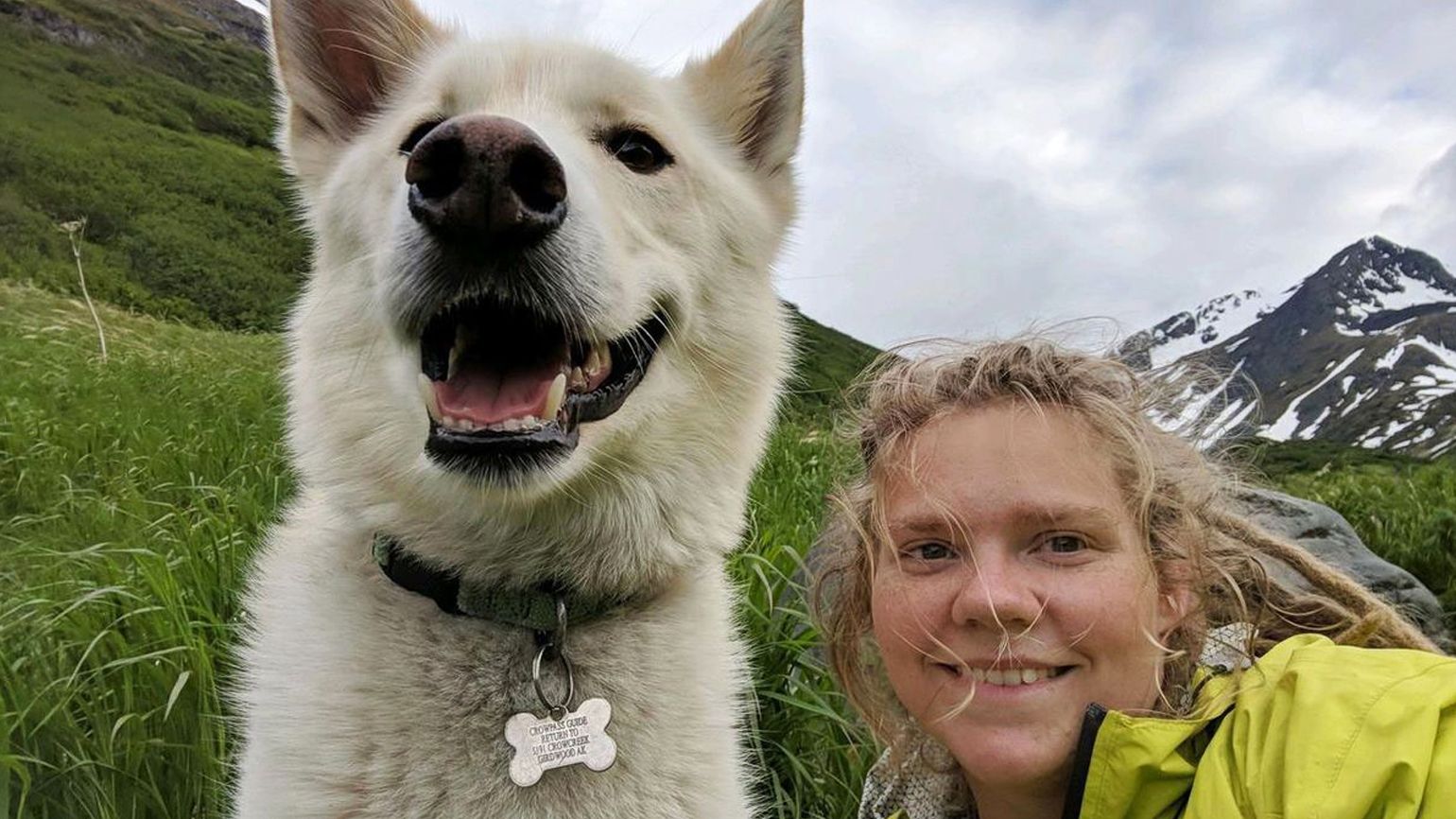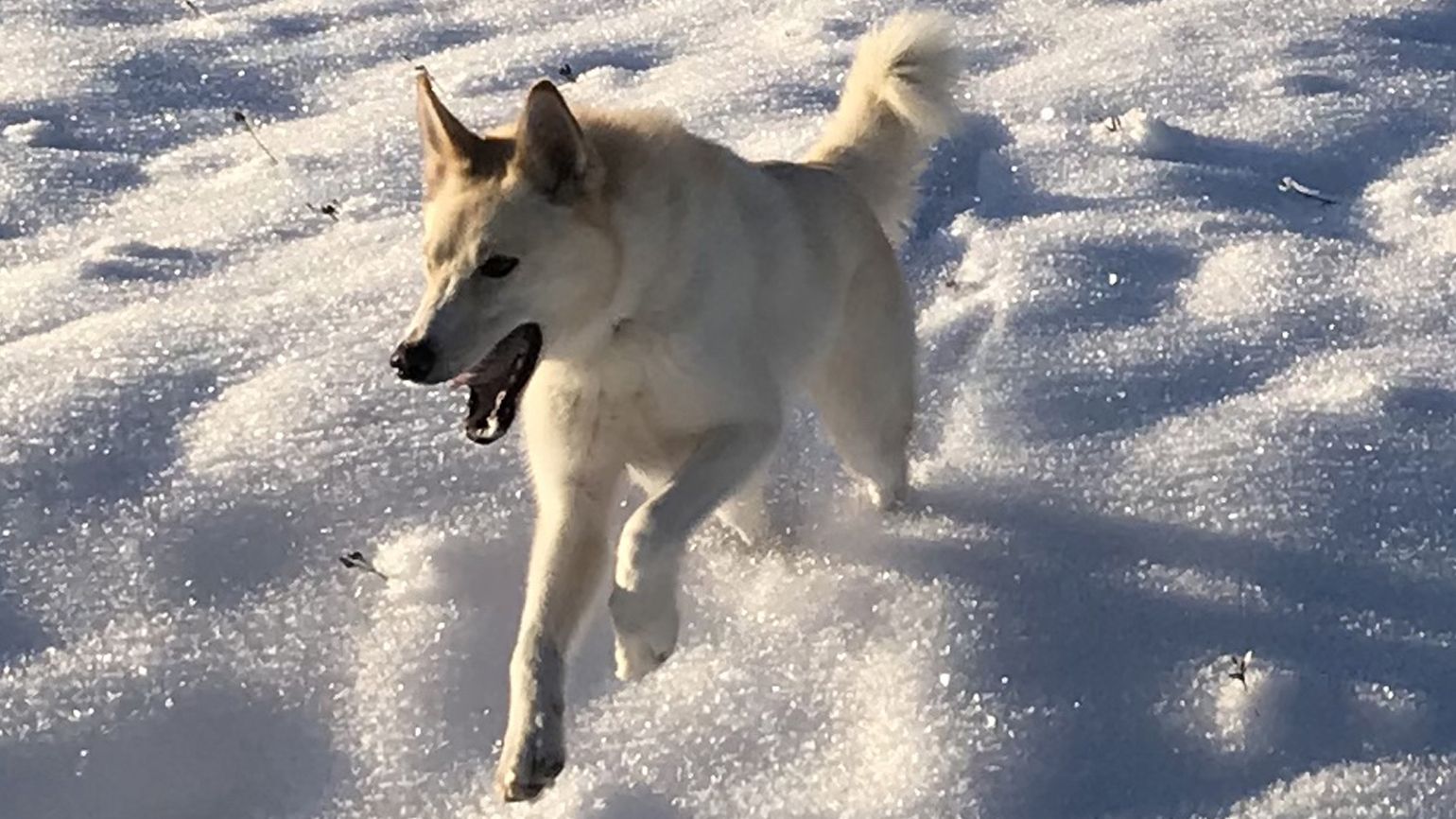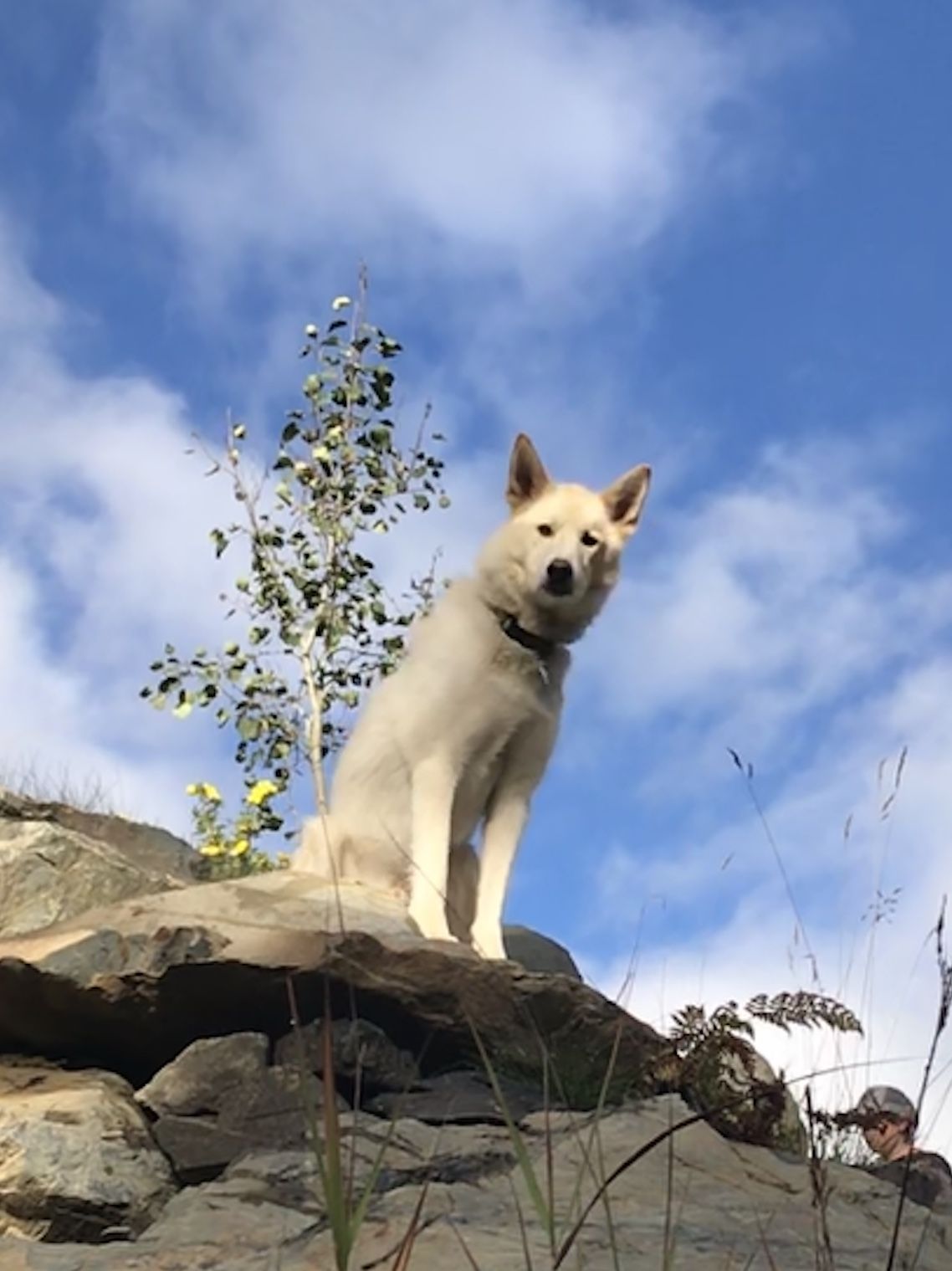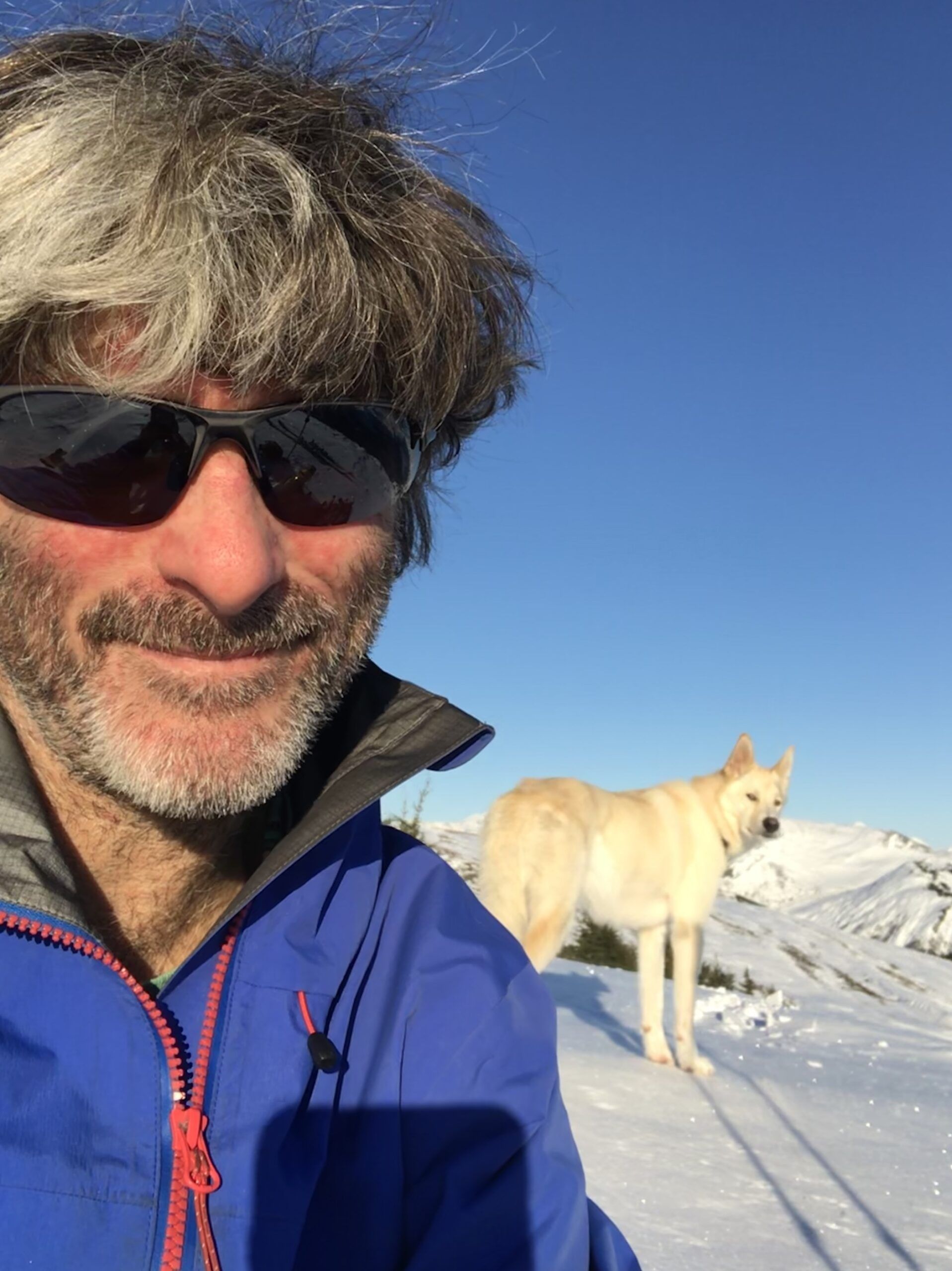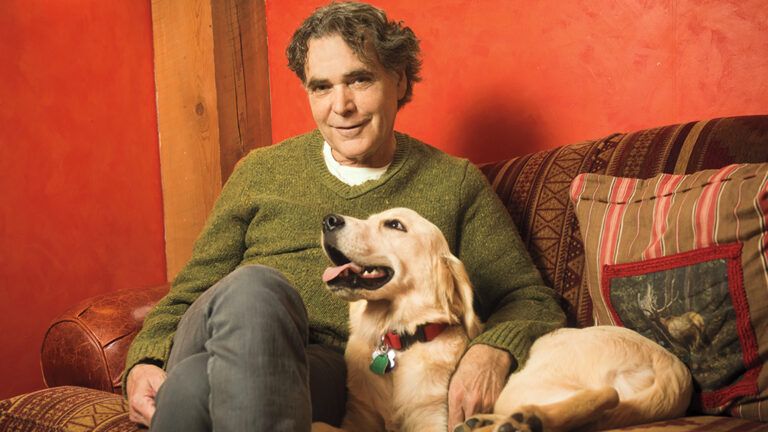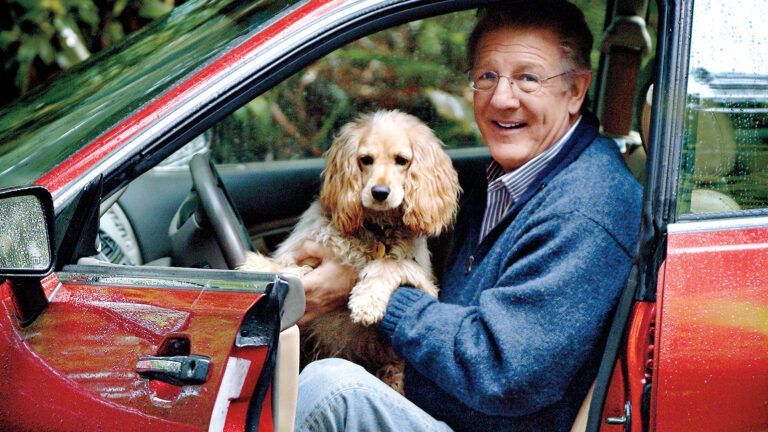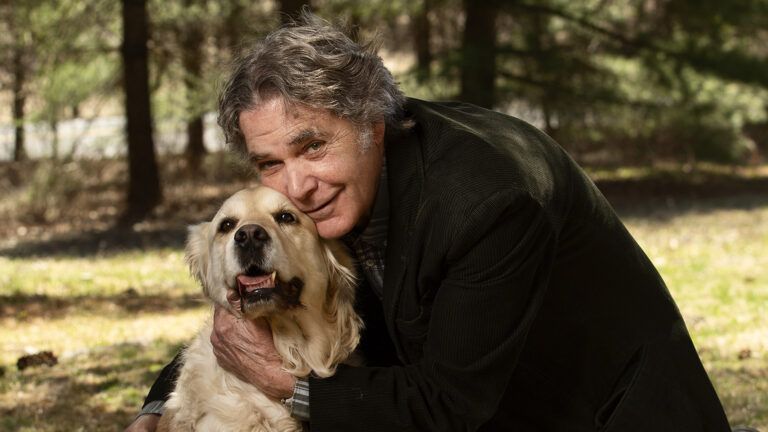Eleven moves in 18 years—each time I received permanent change-of-station orders. As a military officer, I ask a lot of my family. My wife, Elizabeth, has had to give up jobs she loved. Our three daughters have had to leave behind wonderful friends. I think that’s why our cat, a tortie named Wembley, meant so much to us.
Elizabeth and I had adopted her right after I’d come home from a deployment to Iraq that was tough on both of us. Elizabeth pulled a tiny tortoiseshell kitten out from under a box at a pet adoption event and knew she was the one. It was early in our marriage, and Wembley was our first baby. Her love helped us heal the pain of that deployment. In 15 years, she had seen us through many moves, one more deployment, many separations and the births of our children. She had traveled with us to 25 states and three countries. A true military cat.
She was great with the girls, patient and protective. When they were babies, Wembley would sprint into their rooms to check on them if they cried. If anyone pulled into our driveway or rang the doorbell, she would growl loudly in warning: This is my family, and you’ve got to go through me first. The girls, in turn, adored her.
Wembley was a source of comfort and stability in a life full of change. In January 2017, she got sick. Our veterinarian ran tests, we tried different medications, but two weeks later, on January 20, her kidneys started to fail and we had to put her down. We were devastated. Wembley’s death was the first major loss for our children. It was hard for Elizabeth and me too. Our cat had been through it all with us and now she was gone.
Our twelfth change-of-station move was coming up—we would be relocating from Virginia to Texas in seven months—so Elizabeth and I decided we would not adopt another cat until we were settled in our new home. Our daughters didn’t want to wait. They launched a determined campaign. Every day someone would say, “Can’t you reconsider? Seven months is a long time.” Or “Wembley wouldn’t want us to be sad.” Or “I’m ready to love another cat.”
Truth was, I wasn’t ready. Neither was Elizabeth. Wembley had been more than a cat to us. She was Elizabeth’s companion all those times I was gone training or on deployment, her defense against loneliness. She was my exercise buddy, keeping me company when I ran on the treadmill. Elizabeth and I used the move to take time to grieve.
I went to Texas in April to assume my new duties. We wanted our daughters to finish the school year in Virginia, so my family didn’t join me until the summer. Immediately the questions started. “You said we could get a new kitty when we moved. Can we go get her today?” Elizabeth deflected the requests. “Maybe once the boxes are all unpacked!”
Our family hadn’t been in Texas long when we got an email from the Girl Scouts about a carnival and cultural fair. We didn’t have any plans for the weekend. Why not? I programmed the destination into our GPS, and we set off. But the GPS got confused. And even though I’d lived here for three months, I didn’t have a clue as to how the roads were laid out. I knew the way to post, the gas station and the grocery store, and that was it.
How long it takes me to figure out where things are after we relocate is a big joke with Elizabeth and me. That’s because I usually have to leave with my unit, so it’s up to her to learn the way around town.
But it didn’t seem so funny as I was trying to match up street signs with what was on the GPS. Morgan, our oldest, said from the back seat, “Momma, I think we’re settled. You have most of the boxes unpacked. Can we please get a kitty?” I bristled. The loss of Wembley was still too real. “We aren’t settled!” I said. “I don’t even know where I’m going! What makes you think we’d be able to find the animal shelter in this place?”
“Turn left,” the GPS instructed. We popped out on what looked to be a main corridor. As we crested a hill, we saw a large sign that read ANIMAL SHELTER with an arrow.
“I knew you’d find it, Daddy!” Morgan said. “Can we go? Now?” I groaned. “If we can find our way back after the fair, maybe we’ll stop. Maybe.”
Before the girls could erupt into cheers, I added, “But we aren’t adopting any cats!”
Elizabeth chuckled, then whispered to me, “I know the way back.”
At the fair, the girls kept talking about their new cat. “We aren’t getting a new cat,” I said. “I only want another tortie. They aren’t going to have one, so don’t get your hopes up.” Even balloons and carnival rides couldn’t distract them from their mission. After one ride, our youngest, four-year-old Hadley, tumbled out of her seat and said, “Daddy, I’m ready to go get our new cat.”
“Fine, we’ll stop on the way home,” I said. “But don’t be sad when we leave without a cat.” The kids couldn’t run to the car fast enough.
We pulled up to the shelter, and I reminded them of the rules—only a tortie! “Go on ahead,” I said. “I need a minute.”
My heart was heavy with the pain of losing Wembley, but that wasn’t all. Like I said, as a career soldier, I ask a lot of my family. I wanted this shelter to give them hope. I didn’t want just any cat. I wanted…no, it was more than that. I needed a cat that could fill an important role, taking my family from duty station to duty station and from deployment to deployment, supporting them the way Wembley had, with the love only a pet can give. I needed the right cat. I took a few moments to pray that this shelter would hold our new hope.
I walked inside and didn’t see my family. The front desk attendant asked, “Are you with the group of girls looking for cats?”
“No, we’re looking for one cat! A tortie.”
“Your oldest daughter told me the rules,” she said, laughing. “I’ll take you back.”
She led me to the cat overflow room. I saw Elizabeth, Morgan, Brynn and Hadley through the window, hovering over a cat, their backs to me. The door creaked as I opened it, and their heads turned. Tears ran down all their faces. Then I looked at what was in their arms. They were holding a beautiful tortie. A kitten whose coloring was shockingly similar to Wembley’s.
“She’s available for adoption,” the attendant said. “She was brought in at three weeks, and she’s about five months old.”
“No one wanted her?” I asked.
“We can’t figure out why she hasn’t been adopted. She’s very friendly and likes to snuggle. She can be protective and growls when someone opens the door,” the attendant said. “But I didn’t hear her growl when you all came in.” My jaw dropped. “I’ll go get the checkbook to pay the adoption fee,” I finally said.
I knew why this tortie hadn’t been adopted. She was meant to be ours, and she was just waiting for us to find her. The girls named her Nina Gato. She is very patient and protective. She growls at the mailman and sits at the door of the kids’ bedrooms, howling when she wants to see them. We’ve taught her to sit up and shake for a treat and to come when we whistle. Our Nina, exactly the cat we needed.
Did you enjoy this story? Subscribe to All Creatures magazine.
